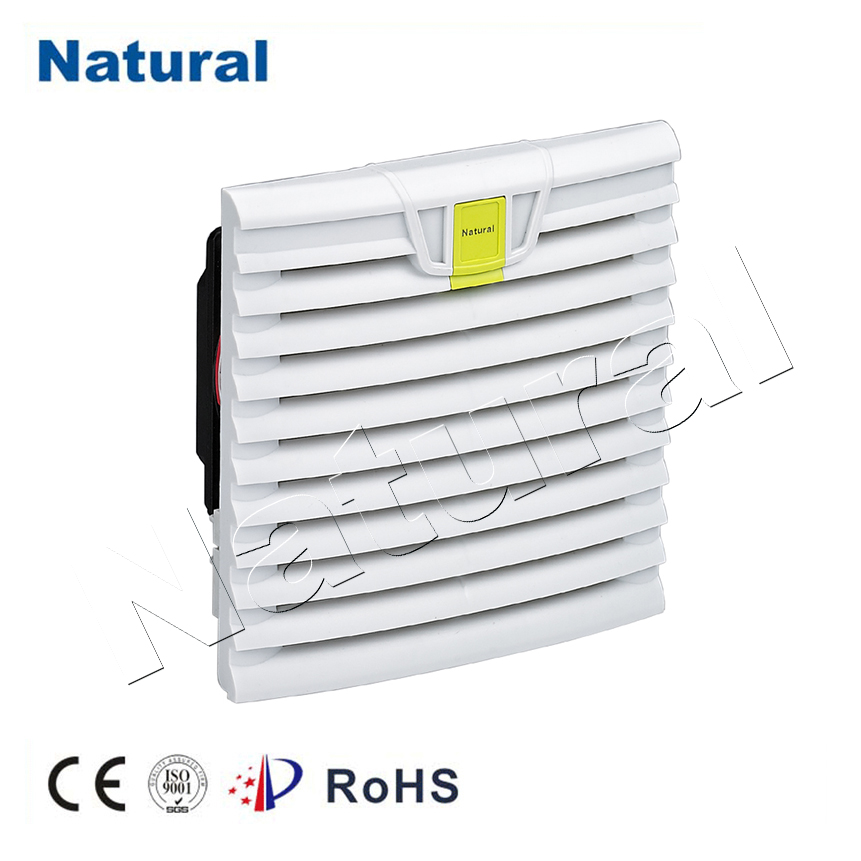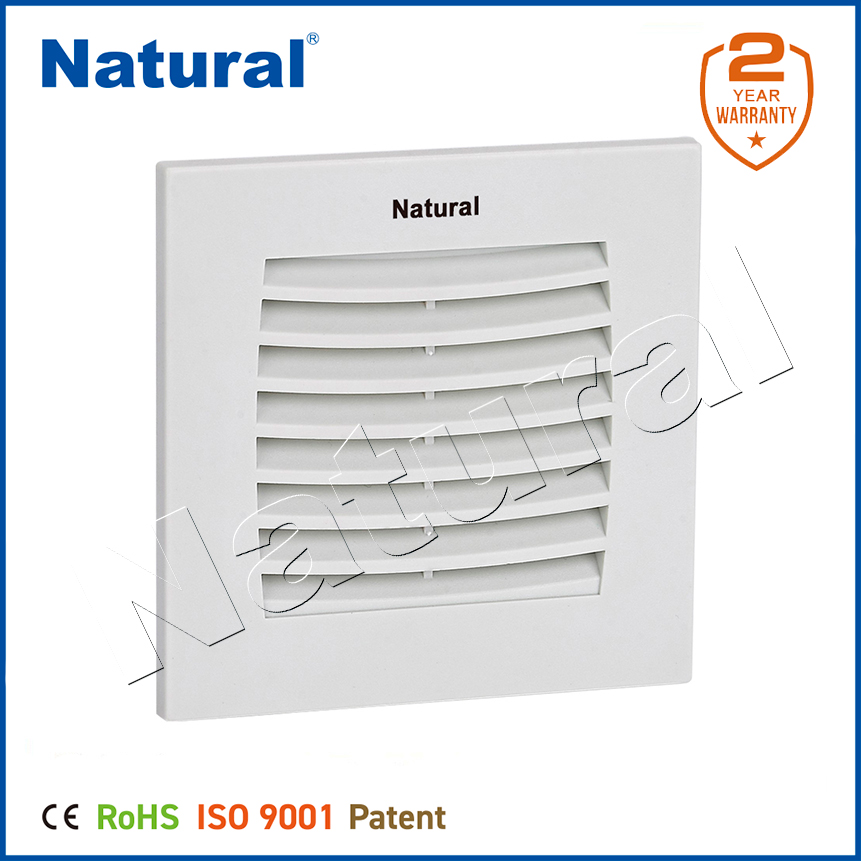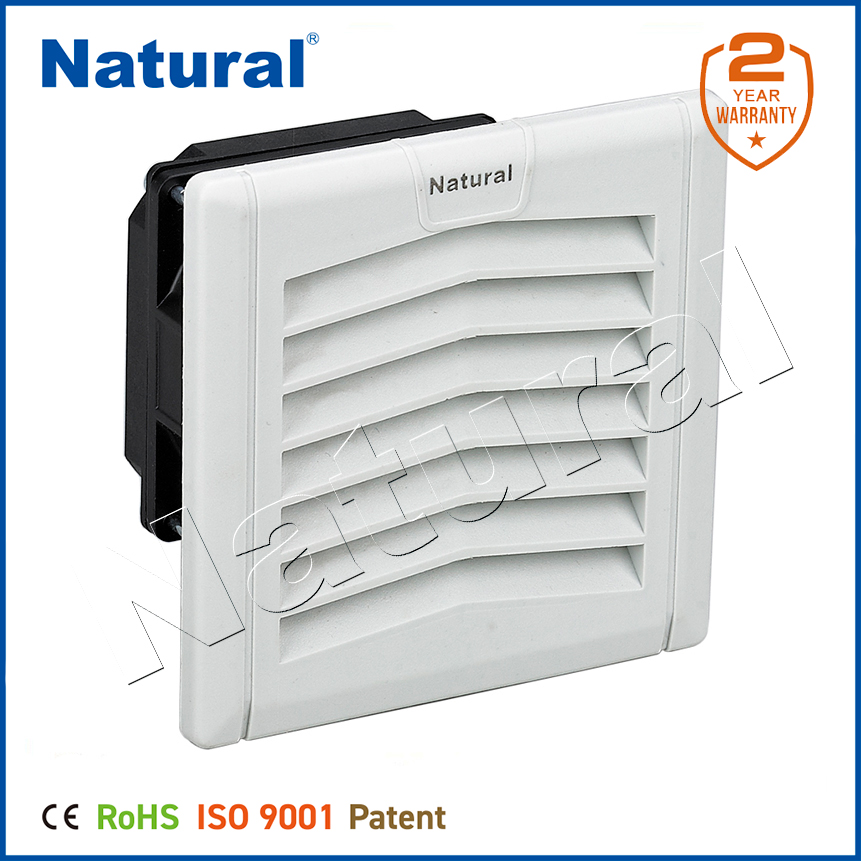Air quality is a crucial aspect of maintaining a healthy living or working environment. Among the various solutions available to improve air quality, air filter fans have emerged as a popular and effective option. Combining the functions of air filtration and ventilation, these devices are essential in ensuring the air indoors remains clean, fresh, and free from pollutants. This article explores the benefits of air filter fans, their working mechanism, and their importance in both residential and commercial settings.

How Air Filter Fans Work

At their core, air filter fans are designed to purify indoor air by removing dust, allergens, bacteria, and other harmful particles. These devices typically consist of two main components: a fan and a filter. The fan draws in air from the surrounding environment and pushes it through the filter, which captures airborne particles. The purified air is then released back into the room, improving overall air quality. Air filter fans use various types of filters, such as HEPA (High-Efficiency Particulate Air) filters, carbon filters, or UV filters, depending on the specific needs of the user. HEPA filters are especially effective at trapping small particles like pollen, pet dander, and dust mites, while carbon filters are useful for eliminating odors and harmful gases. UV filters add an extra layer of protection by using ultraviolet light to kill bacteria and viruses, further enhancing the device’s ability to cleanse the air.
